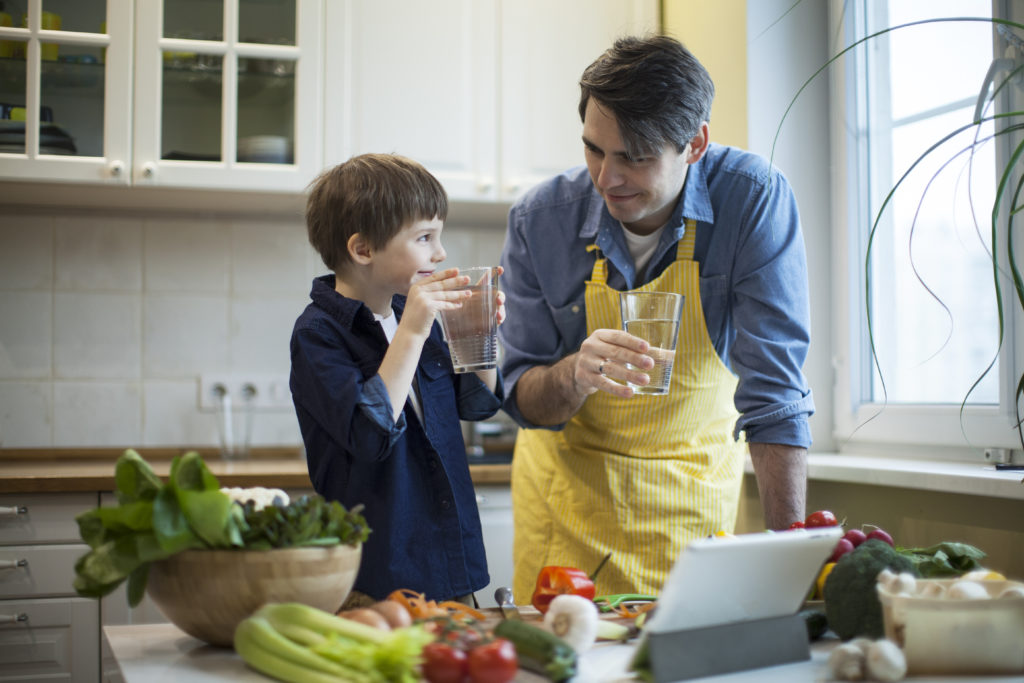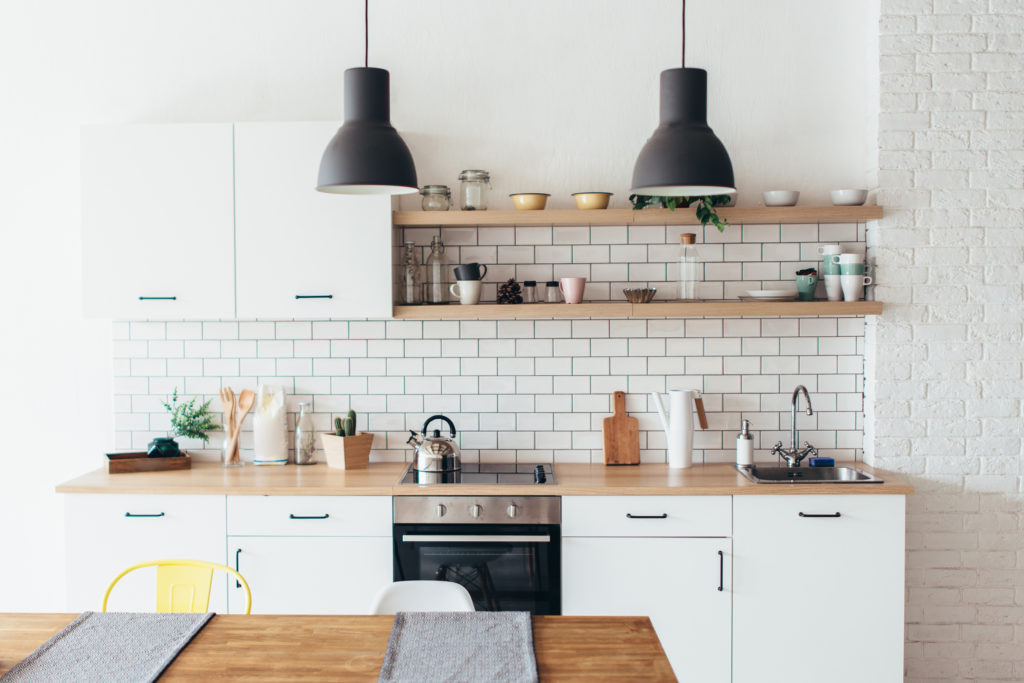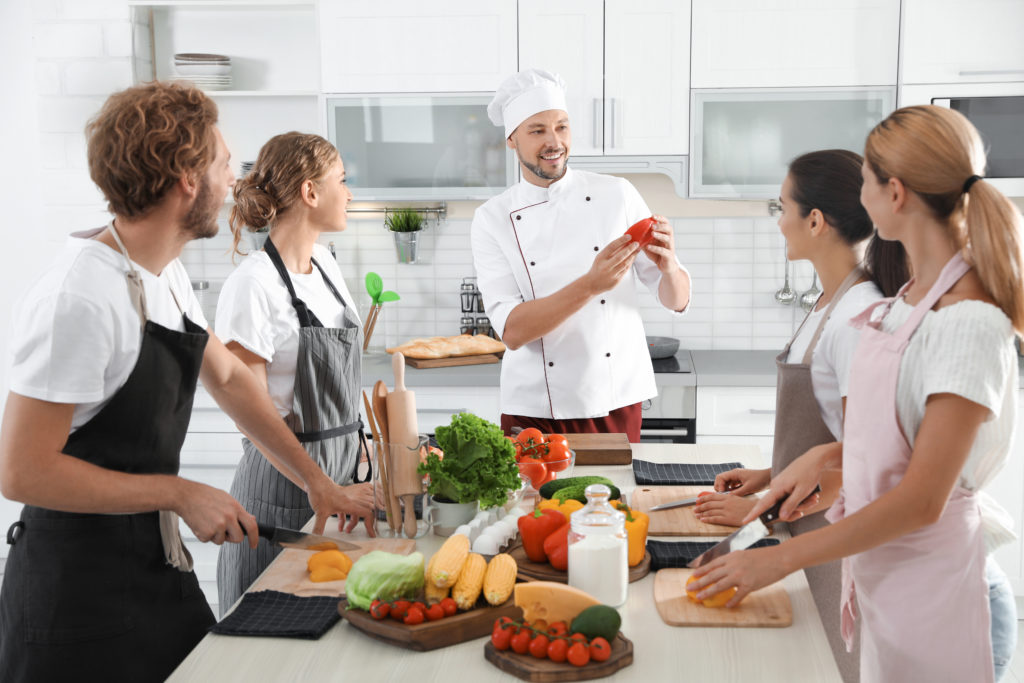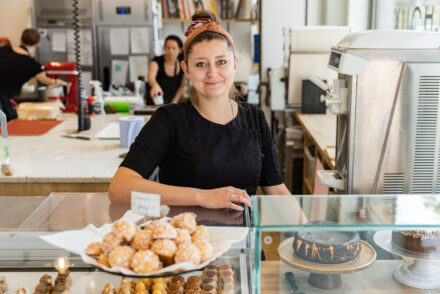So. We’ve made it through the first 6 weeks of lockdown. Is there anything to be optimistic about? The first month of the Covid-19 outbreak in the UK at least gave us a 30 day free trial of what Brexit might look like: shelves stripped of food, bog roll sold on the black market at extortionate prices, supply chains gone awry, and vulnerable housebound customers who couldn’t get the delivery windows they needed as they were being hogged by the greedy. The lockdown has exposed the fractures in our system, nay even the thin veneer of our civilisation. One very small silver lining though is that for about the first time since the divisive referendum of 2016 there may actually be something both sides agree on: if a virus can inflict this untold damage, then why make it any worse with the Little England fetish of Brexit? The transition period must be extended and even the most rabid of Brexiters seem to have conceded this (leaving to one side for now that this concession itself exposes the stupendous folly of Brexit).
Not only has this coronavirus accelerated the digital revolution by about 5 years (goodbye linear TV, hello working from home), it has forced a reassessment of how we get food to the table, which is unlikely to be temporary.
Even when the restrictions lift (which they will eventually), I don’t foresee a rush back to restaurants and bars. Yes, when the national house arrest ends there will most probably be a collective sigh of relief, a declenching writ large, almost a VE Day feeling of liberation, but I doubt there will be queues snaking around Padella for some time: those who have unfortunately lost their jobs or been furloughed won’t have the disposable income, overdue haircuts and dental check ups need to be prioritised, and having been cooped up like prisoners we will have become ‘institutionalised’ to the ‘new normal’. Even if customers have saved up cash they may not even want to go out for fear of a second wave of the virus and the restaurants themselves will need to re-stock.
This is just an amuse bouche for what’s to come
The corollary of this is we’re all cooking more at home, which is no bad thing at all. Convenience food and ready-meals – laden with salt and preservatives – aren’t exactly good for you anyway. For millennials and Gen-Zs in particular who are so used to lunches al desko and the convenience of Deliveroo, they’re now faced with a challenge to cook for themselves. But what if the basic tools that we need to help us cook from home more – a knowledge of ingredients, basic techniques and well-written recipes – are fundamentally flawed too?
Economics starts at home (your sourdough starter for ten)
For those who have been working from home, cutting out the commute and restricting movement have gifted us time to do those odd jobs around the home we’ve been putting off: decluttering (both physical and digital), cleaning the bathroom tiles with a decommissioned toothbrush and, of course, cooking. When the lockdown started the pantries (or Brexit stockpiles) were stripped of those forgotten assets languishing at the back of the store cupboard. “Ah-ha! Polenta! What can I make with this?” (Actually quite a lot as it happens – it’s a very versatile ingredient).
And then the social media keeping-up-with-the-Joneses began. By week two, if you hadn’t posted a picture of your sourdough starter or banana bread, you hadn’t just failed quarantine, you had failed in life (so the Guardian Belt of north London would have you believe). What next? Well, foraging in hedgerows might breach social distancing rules, so it would have to be pickling or curing. And after that? Perhaps there might be a resurgence of the 1941 ‘Dig for Victory’ campaign or, in a true nightmare scenario, this all turns into self-sufficiency sitcom The Good Life, complete with canned laughter. We may very well need to if we suffer the double whammy of Covid-19 and a No Deal Brexit. This is just an amuse bouche for what’s to come (albeit not a very amusing one).
With no real precedent for anyone born since World War Two, or a manual for guidance, or even a competent government, we’re suddenly learning the importance of where food comes from. It certainly seems to have eluded unemployed Brexiters who haven’t exactly leapt at the opportunity to help pick fruit: reportedly just 112 of the 50,000 British applicants actually took up the work. So it seems their urgent desire to protect jobs wasn’t so much motivated by a desire to do the work themselves but simply to oust Johnny Foreigner. Funny that. And ironically that void had to be filled by flights of Romanian workers. Better awareness of the food chain and hygiene can perhaps improve how we regulate farming and markets too, since it was allegedly an unregulated ‘wet market’ in Wuhan that started this thing.
Recipe for disaster
Not only is there a general paucity of food knowledge and skills, but the recipes we turn to for guidance aren’t always that helpful either.
As a half-competent home cook I’ve always taken more of a Keith Floyd approach – a style which friends charitably describe as “rustic.” For me I always thought it’s about learning a few core techniques, such as a basic risotto or how to make pasta, and then you can go off on your own flights of fancy. For a sauce, master the classic building blocks of sweating off onions or shallots, add wine (one glass for the pan, one glass for yourself), cook off the alcohol, add stock and herbs of choice, reduce, strain through a sieve, then enrich with fat for a lovely sheen (cream, butter, bone marrow or all three, why the hell not?). Pan-fry a piece of meat or fish and use a touch-and-taste method to sort of guess when it’s right, making sure to add lots of butter, garlic and thyme (like they do on TV). This works fabulously when throwing together something French or Italian-inspired, perhaps after a ‘quarantini’ or two, but it still results in a limited repertoire. It’s also useless when it comes to the precision required for baking.
Recipes, then, do have their role to play but cookery books aren’t perfect. Many, really, are just ornamental. They’re a goldmine for publishers and retailers around Christmas time, especially if written by a celebrity chef (or their ghost writer). But who actually reads them cover to cover? I occasionally dip into my Leith’s Cookery Bible to double-check something, or might leaf through Michel Roux Jr’s French Revolution for inspiration, but most remain unread, untouched by human hand. Some may even be misleading. Any book promising ‘meals in minutes’ is lying. All of the recipes will take about three times longer than they say due to the equitable doctrine known as They Just Do. And if you’re in an unfamiliar kitchen where you don’t have the muscle memory of remembering where all the pots and pans are, make this four or five times longer. Ottolenghi’s Simple? Ha! Who would’ve thought assembling a salad could be so complicated?
the amateur cook still needs a certain culinary literacy to interpret recipes and fill the gaps if necessary
The problem isn’t so much the intention of the writer but how they’re written and presented – how the knowledge and skills inside the head of a trained professional chef are conveyed to the amateur home cook. As with many restaurants, London pasta chain Pastificio Al Dente has taken to doing demonstration videos during lockdown, which is an inherently good thing. Having just about mastered my own version of cacio e pepe, I thought I’d give their version a whirl to see if I could improve my technique. I slavishly followed the video frame by frame, watching and imitating every moment, but in the end my version just didn’t yield the same creamy emulsion. I had a similarly underwhelming experience trying to re-create Quality Chop House’s trade mark confit potatoes. Was there a detail missing in the explanation, some secret bit of cheffy je ne sais quoi, or perhaps the recipe has never been tested to see if it can transfer from a commercial kitchen to a domestic one?
Of course it is never expected that a domestic cook can or should imitate a restaurant, sorely missed though restaurants are. Part of the whole experience of going out is the hospitality, having dishes made for you that you wouldn’t ordinarily make yourself, and more importantly, not having to wash up. But on the other hand, many of these recipe books make assumptions about the reader: you’ll know what al dente or all’onda means when preparing a risotto, you can chop onions safely without the chopping board going all Reservoir Dogs, or that you know olive oil should never be used for pan-frying due to its low smoke point. Yes, if you’re a ‘foodie’ you’ll know all this, but the novice or those who’ve been deprived of a foodie education may not.
what if you don’t have that confidence to treat every shopping visit like a MasterChef invention test?
Alice Waters, the doyenne of the farm-to-plate movement and chef patron of Chez Panisse in California, describes recipes as a “framework.” Indeed, they’re not a Theory of Everything, but the amateur cook still needs a certain culinary literacy to interpret them and fill the gaps if necessary.
And a necessary condition precedent of cooking is the acquisition of ingredients. You’ve waited in the supermarket queue for half an hour and finally got inside the shop, but… “Crap! They’ve run out of fresh parsley.” The ingredients mandated by the recipe are not there and you’re left scratching your head as the recipe doesn’t proffer any alternatives. If you know a bit about food you can improvise with whatever substitutes the supermarket may have but what if you don’t have that confidence to treat every shopping visit like a MasterChef invention test?
Julian Barnes’ The Pedant in the Kitchen is a collection of essays dedicated to the perils of following a recipe to the letter. “The Pedant”, by which he means himself, “approaches a new recipe, however straightforward, with old anxieties: words flash at him like stop signs… It starts with simple words. How big is a ‘lump’, how voluminous is a ‘slug’ or a ‘gout’, when does a ‘drizzle’ become rain? Is a ‘cup’ a rough-and-ready generic term or a precise American measure? Why tell us to add a ‘wineglass’ of something, when wineglasses come in so many sizes? Or – to return briefly to jam – how about this instruction from Richard Olney: ‘Throw in as many strawberries as you can hold piled up in joined hands.’ I mean, really…”
The need for better food education
At the risk of sounding like Tony Blair, it all comes down to education. To address the culinary literacy problem there needs to be more effective teaching about food at home and at school – sentiments which have already been expressed by Marcus Wareing in an interview following the Brexit referendum as well as Mark Hix’s introduction to The Pedant in the Kitchen.
‘Home economics’ as a subject fell out of favour for a bit. In my day it was ‘Food Tech’ – I sat a GCSE in it (and got an A, thank you very much) – though I’m not sure that ‘qualification’ counts for much. I seem to recall a theory paper about how microwaves and fridges work, but the majority of the marks were allocated to a coursework project where you had to design a food product intended to be sold in a supermarket. So we’re back to ready-meals again and the hideous cycle continues.
Home economics now seems to be making a bit of a come-back. I thought it would be an interesting bit of ‘investigative journalism’ to look at the BBC’s ‘Bitesize’ revision guide for GCSE Home Economics. There are good questions about nutrients, farming methods and food regulations, but there doesn’t seem to be much scope for actually cooking dishes, to try things out, to make mistakes for heaven’s sake.
Has this led to a lost generation of people now struggling in their home kitchens?
Part of the problem is making an optional subject appealing to teenagers. At my school (many moons ago) it was compulsory to take at least one GCSE in a craft subject – I chose ‘Food Tech’ partly because I’ve always loved food but equally because the only alternatives were woodwork, sewing, or electronics taught by a colour-blind teacher who would literally get his wires crossed. But this also meant I was in the minority, in a class that was about 85% female and 15% male. I don’t know if that’s still the case but in my day it was seen as a bit ‘sissy’ for a guy to choose cookery (though there wasn’t much cooking involved). Of course that shouldn’t be the case. To make matters worse, the ‘kitchens’ we were taught in were also terrible. It made you question if the main kitchens for the school dinners were any better. It wasn’t exactly inspiring – indeed I learnt more years later by my own experiments in university dinner parties, a couple of short stints working in hotels and the occasional holiday cooking course, but none of that makes you a chef of course. I know enough to know how little I know.
What’s needed is not just better investment in facilities and teachers in schools willing to teach the subject but also better role models to inspire us. Keith Floyd in the 80s was probably the first male TV chef who showed a generation that we can all cook and have fun whilst doing it. But by the late 90s this transmogrified into the machismo of Gordon Ramsay who probably put people off more than anything else, exacerbated by food programmes that are focused on competition, even humiliation, to win ratings rather than to inform and educate. Has this led to a lost generation of people now struggling in their home kitchens?
The art of self-teaching: fail better
Heston Blumenthal calls himself a self-taught chef which I’ve always found a bit conceited, if a bit disingenuous. Someone, somewhere, probably taught him how to separate an egg.
But in all seriousness, we can take a leaf out of his book and take education into our own hands – at least in the short-term. I’m not suggesting we all start making things with liquid nitrogen but we can make up for the shortfall in culinary literacy and confusing recipes by filling in the gaps ourselves. We can experiment, try new things, make glorious mistakes. Perhaps you might even invent your new signature dish. As Samuel Beckett once said, “Ever tried. Ever failed. No matter. Try again. Fail again. Fail better.”
Wouldn’t it be wonderful if we all exit lockdown having added new strings to our bows? Let’s not waste this time. Certainly I’m trying my best to expand my repertoire beyond the Floyd-esque Franco-Italian rustic dishes and learn one or two new techniques a week. There are masterclasses online and YouTube videos aplenty – they have their shortcomings, for the reasons already given, but as a teacher of mine would often paraphrase 1 Thessalonians 5:21, “test everything and hold on to what is good.” Do what works for you.
But, none of this changes the reality that Covid-19 thrust us into a new way of living which we weren’t prepared for (certainly our government wasn’t, despite the warnings). It has exposed deeper problems inherent in our system and education. At least we have time in self-isolation to make up for this to some extent but investment in food education would make for a better society overall and prepare us for whatever life throws at us next. Now is that too difficult to achieve?
On that note, back to my sourdough starter.









